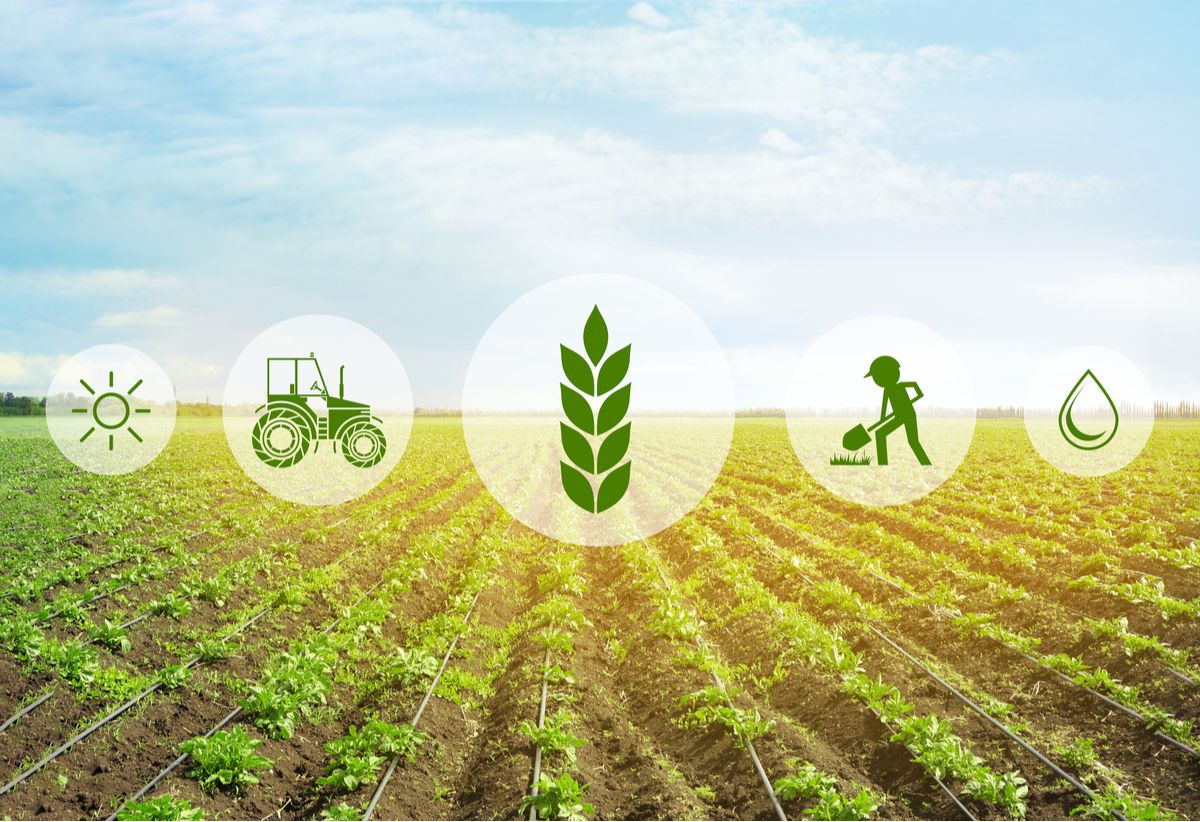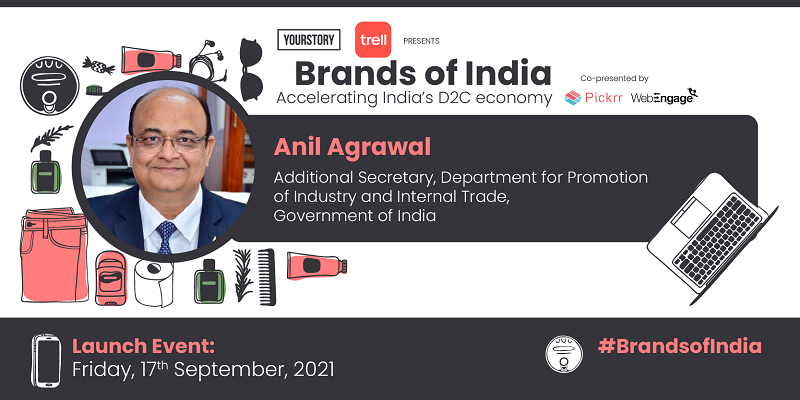Tharu tribe women in UP turn to organic kitchen gardening
Around 200 women, mostly belonging to the Tharu tribe in Bahraich are looking after the nutritional requirements of their families through organic farming.
Around 200 women, mostly belonging to the Tharu tribe in Bahraich, are looking after the nutritional requirements of their families through organic farming which they also see as a potential source of extra income.
After a survey pointed to "very low" nutritional levels among the vulnerable women due to the impact of COVID-19, these members of 35 self-help groups (SHGs) in six villages, including four Tharu villages, came along and started working to meet their requirements themselves.
"After Covid, a survey to assess the damage caused by the pandemic to the most vulnerable women found that their nutritional levels were very low and it was felt that something required to be done for them. The idea of providing them with nutritional food through vegetables that can be grown in their kitchen gardens took root," World Wildlife Fund-India senior project officer Dabeer Hasan, who is running the project, told PTI.
Orientation was done with the womenfolk repeatedly, stressing the importance of nutrition and they liked the idea of getting it in their own homes, without disturbing their day-to-day life.
"Starting with 75 people, the numbers gradually swelled with more women joining in and now after two seasons, these women have also started contributing to 25 per cent of the project cost. Earlier, the WWF was bearing the entire cost of the project," said Hasan of WWF, which is working in more than 60 countries in the areas related to forest, wildlife and climate change.
To check the impact of this project on the health of these women, Hasan said the Uttar Pradesh health department has been involved in conducting a door-to-door survey to collect latest data related to their nutritional requirements and compare it with the outcome of an earlier survey in the first season.
Training of health department workers at the level of ANMs, ASHA and Anganwadi workers was held recently to conduct the survey for collecting data on the nutritional level of these women and their family members, he said, adding that this will also help in guiding as to how to proceed further.
Meera Devi, a Tharu of Fakirpuri village, who is growing vegetables such as spinach, fenugreek, cauliflower, peas, coriander, radish, carrot, turnip around her house, said the yield is good.
"We have taken spinach twice and again it is ready to be harvested. As of now, we use it ourselves but when the growth is more, we sell it. Cauliflower is getting ready and we will sell it as the produce is more than our requirement," she said.
Another woman, Sujrani, also of Fakirpuri, said "With the guidance (of experts), we are having better products". "We used to plant vegetables on our own earlier as well but then the plants were not as healthy as they are now. It is better than before. If we get more help, we are ready to work hard and grow more vegetables," she said.
Seema Devi of Rampurva village said, "We got seeds from the WWF and the yield is good. Tomatoes, peas, and cauliflower are all growing fine. Let's see what is the state of fruits when the saplings that we planted are ready," she said, adding that she can expand her work and increase the production in future and sell it if she gets more help.
The WWF India is providing them resources with the help of the Horticulture department and Krishi Vigyan Kendras in extending technical advice. The department also conducts training and advises them from time to time, giving training and the technical know-how like requirements for irrigation, fencing among other things, Dabeer Hasan said.
Horticulture Inspector of the area A K Verma, who is actively involved in the project, said his department provides good quality seeds and saplings of vegetables and fruits which are being used by the women of the Self-Help Groups. "We also conduct training wherever required and guide them from time to time," he said.
On how these women can benefit financially from the project in future, Hasan said, "With a growing awareness towards organic things, the vegetables and other items grown by them have a great scope for earning extra income."
"Now we plan handholding and linking it with the Horticulture department and Krishi Vigyan Kendras to make it self-sufficient as the WWF works to develop a model by running it on a pilot basis. Efforts will be made to guide them to do farming of products with a longer shelf life and some have started work on growing mushrooms from this season itself," he added.








![[Funding alert] SATYA MicroCapital raises Rs 72.5 Cr from BlueOrchard Finance](https://images.yourstory.com/cs/2/11718bd02d6d11e9aa979329348d4c3e/shutterstock1445565344-1595835389375.png)

![[Weekly funding roundup April 20-26] VC investment dips as startups resort to debt capital](https://images.yourstory.com/cs/2/220356402d6d11e9aa979329348d4c3e/funding-lead-image-1669386008401.jpg)